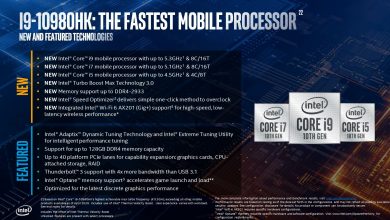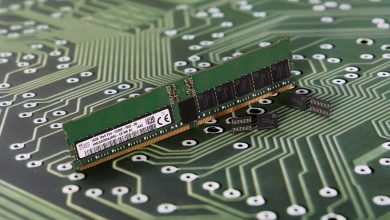
Intel has been gradually loosing market share for some time now because of production issues in their 10nm processors. Now the company has gone on to announce that they are almost 12 months behind their initial targets on 7nm processors as a result of yield degradation. As a result of this, the new 7nm Intel processors won’t be out until late 2022 or early 2023 as per some estimates.
This announcement comes from the company CEO Bob Swan during their Q2 earnings report. They delay was caused due to a “Defect Mode” that was identified, which can cause lower yields, taking the commercial viability of of these CPU’s off the table. Regardless, the company has managed to remain profitable, exceeding investor expectations by about 19%.
This comes at a time when AMD is constantly pushing their CPU’s with the 7nm node and regaining significant lost market share. However to Intel’s credit, is is noteworthy that they have managed to push the 14nm processors so far and managed to remain competitive. However, the 14nm is indeed almost at its limits, so it will be interesting to see how the company keeps competitive, especially when AMD is also working on an entirely new Zen 4 processor that might be based on an even smaller 5nm process node.
Furthermore, this delay along with the Zen 4 lingering at Intel’s doorstep, could speak disaster for the company’s capabilities in chip making, as it readies its 10nm Alder Lake CPU’s for mobile devices.However Intel CEO Bob Swan did confirm that are investing in 3rd parties to deploy more advanced packaging for the chips and employing other 3rd party fabs to manufacture their upcoming Ponte Vecchio Graphics Cards, in a bid to mitigate the delays.
The 7nm chips are likely to use DDR5 for their memory and while it has to be seen, that doesn’t mean that Intel is abandoning the 14nm process as of yet. The upcoming Rocket Lake processors are likely to use the 14nm process once again and it might serve as a stopgap measure for Intel’s transition to smaller process nodes.



